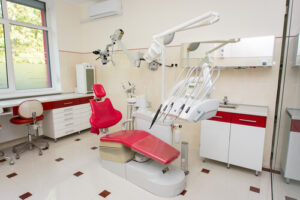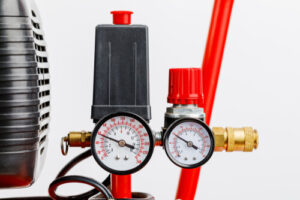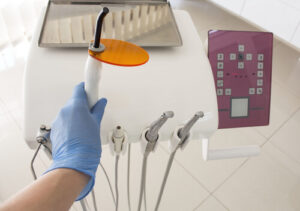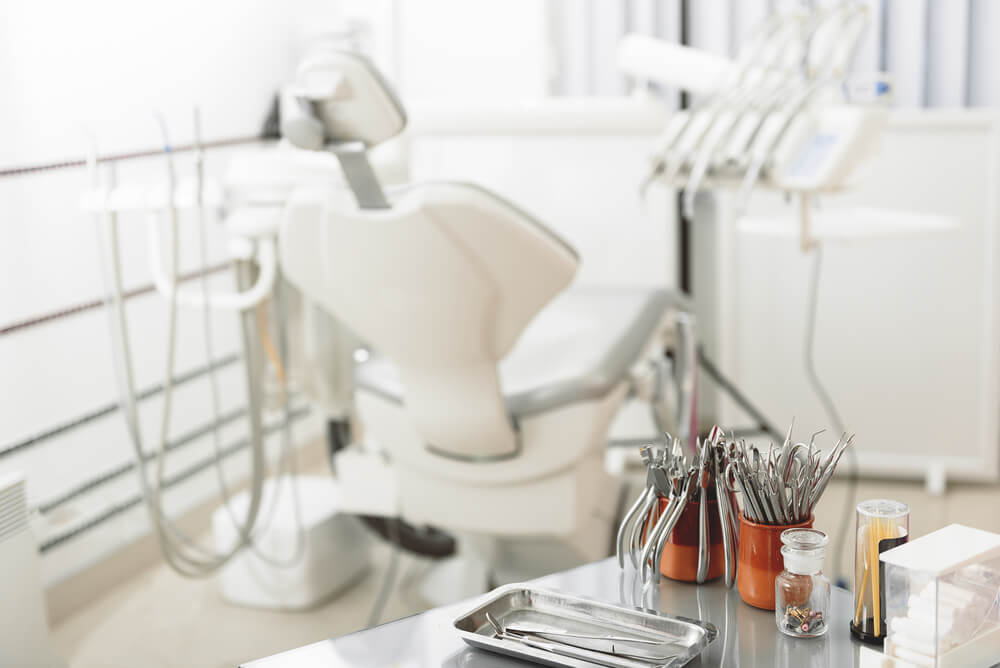When it comes to dental compressors, price is a significant factor for many buyers. If you are in the market for a dental compressor, you may wonder why there is such a hefty price range. It can be hard to know what to look for when shopping for this equipment. What factors into the price of a dental compressor? And is there anything you can do to get the best deal? In this blog post, we will discuss some of the factors that affect the price of dental compressors, and we will help you understand what you need to consider before making a purchase.
Dental Air Compressor: A Brief Overview
What is a dental compressor, and what does it do for dentists and their patients? This compressor is a type of dental equipment used to power dental tools and instruments. It provides a steady stream of air necessary for many dental procedures. Dental compressors come in various sizes, and they vary in price depending on the features and specifications of the unit.
Dentists use dental compressors for a variety of reasons. Some typical applications include:

- Powering dental drills
- Airbrushing teeth with fluoride
- Cleaning teeth with an ultrasonic scaler
- Inflating rubber dams
- Providing air for suction tubes
Choosing the Right Dental Compressor for your Practice
When shopping for a dental compressor, you must consider your needs and budget constraints. There is a wide range of prices for dental compressors, so it is essential to do your research and find the unit that fits your needs and budget.
Here are some factors to consider when choosing a dental compressor:
1. Size of the compressor – Compressors come in a variety of sizes, so you need to choose one that is the right fit for your practice.
2. Horsepower – The horsepower of the compressor affects its price and performance. If you need a unit that is robust enough to power multiple tools, you will need to invest in a model with more horsepower.
3. Tank size – A larger tank size means less downtime for the compressor, so it is important to consider this factor when making your purchase.
4. Noise level – Some compressors are louder than others, so you need to choose one that is comfortable for you and your patients.
5. Additional features – Some compressors come with additional features, such as an automatic shut-off or a water trap. If these features are important to you, be sure to factor them into your decision-making process.
When choosing a dental compressor, it is essential to consider all these factors to find the best unit for your dental practice.
Going Oil-Free?
 Oil-lubricated air compressors tend to be quieter and can last longer than other models, making them seem like a top choice for a dental office, but that may not be the case.
Oil-lubricated air compressors tend to be quieter and can last longer than other models, making them seem like a top choice for a dental office, but that may not be the case.
The main reason why many dentists choose an oil-free compressor is the fact that they have a lower risk of contaminating the compressed air with lubricant. These units also tend to be lighter, allowing them to be placed in a wider range of areas while still creating as much airflow and pressure as many oil-lubricated models.
Removing the risk of contaminating the air is the biggest win and makes the most sense because it can protect the health and safety of your patients, staff, and those in your office waiting area. While you will need to perform maintenance slightly more often, the health and safety concerns significantly outweigh any benefit of using the heavier, lubricated models.
Dental Compressor Prices: Factors to Consider
Why do prices vary so much for dental compressors, and is there anything you can do to get a better deal without compromising on quality or features?
There are a few factors that play into the price of a dental compressor. The truth is the characteristics to be considered in choosing your dental compressor are the same things that affect the price tag. The size and horsepower of the compressor, the tank size, and the noise level all affect the price. Additionally, some compressors come with additional features, which can also drive up the cost.
As with any purchase, it is crucial to consider your needs and budget constraints when shopping for a dental compressor. There is a wide range of dental air compressor prices, so be sure to do your research and find the unit that fits your needs and budget. You may be able to get a better deal on a compressor without compromising on quality or features by shopping around and comparing prices.
Want to purchase a new dental compressor?
Are there other factors you should take into account when purchasing a new dental compressor, such as warranty coverage or service agreements?
 Yes, when purchasing a new dental compressor, it is important to consider warranty coverage and service agreements. Many manufacturers offer warranties on their compressors, so be sure to ask about this when shopping for a unit. Additionally, some manufacturers offer service agreements that provide routine maintenance and repairs for a set price. This can be helpful if you have a busy practice and don’t have time to worry about the upkeep of your compressor.
Yes, when purchasing a new dental compressor, it is important to consider warranty coverage and service agreements. Many manufacturers offer warranties on their compressors, so be sure to ask about this when shopping for a unit. Additionally, some manufacturers offer service agreements that provide routine maintenance and repairs for a set price. This can be helpful if you have a busy practice and don’t have time to worry about the upkeep of your compressor.
When considering a new dental compressor, be sure to ask about warranty coverage and service agreements. This can help ensure that your compressor is covered in the event of a malfunction or repair and that it will stay in good working condition for years to come.
Conclusion
Dental office compressors are a vital part of any modern dental practice, yet choosing one can be an overwhelming task. Among the range of dental air compressors for sale, there are higher and lower-quality options with prices to match. Lower-priced models may provide upfront savings, but in the long run, they will likely end up costing you more than a compressor that is designed from the ground up to provide the cleanest, quietest air possible and to be reliable.
References:
www.quincycompressor.com/look-dental-air-compressor
www.dentaltix.com/en/blog/what-you-should-know-about-dental-compressor-your-clinic



